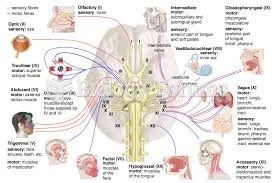|
|
|
This year, an estimated 1.4 million Americans will have a new or recurrent heart attack.
About 80% of major fungal systemic infections are due to Candida albicans. Another form, Candida peritonitis, occurs most often in postoperative patients. A rare disease, Candida meningitis, may follow leukemia, kidney transplant, other immunosuppressed factors, or when suffering from Candida septicemia.
Egg cells are about the size of a grain of sand. They are formed inside of a female's ovaries before she is even born.
Vaccines prevent between 2.5 and 4 million deaths every year.
One way to reduce acid reflux is to lose two or three pounds. Most people lose weight in the belly area first when they increase exercise, meaning that heartburn can be reduced quickly by this method.







